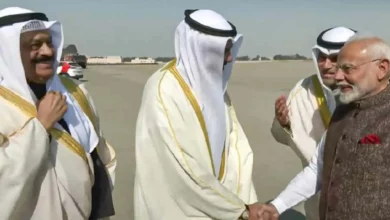
Recently, a legal milestone was reached when Delhi’s Chief minister, Arvind Kejriwal, sought to quash his arrest through the Delhi High Court in a matter concerning the excise policy of Delhi by the Central Bureau of India. In June 2012, Kejriwal also challenged a Delhi court’s order that sent him to three-day custody on June 26.
A Delhi court remanded Kejriwal to judicial custody until July 12 on Saturday, following another initial custody that projected him as one of the ‘main conspirators’ in the case. Earlier, the CBI had moved the court seeking a 14-day judicial remand, stating that Kejriwal was not cooperating in the investigation and was Avoiding questions.
The court observed that the conspiracy is of ‘a large number of persons’ in formulating and implementing the excise policy, the ‘facilitators in the use of ill-gotten money.’ The judge mentioned Kejriwal’s untruthful statements and utter refusal during his examination.
Kejriwal, who was earlier arrested by the Enforcement Directorate in money-laundering cases connected to the case, is accused of accepting ₹ 100 crores for framing a favorable liquor policy. The complaint also accuses the CBI and ED of saying that a part of the kickbacks was routed to fund AAP’s Goa assembly elections.



